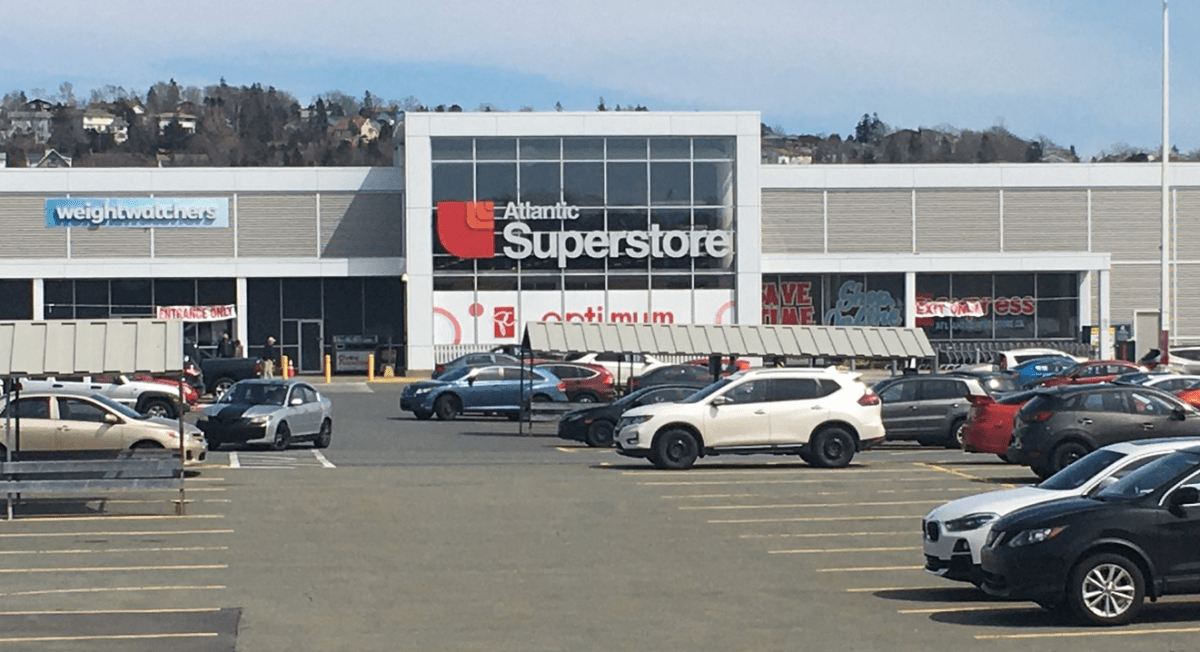Shoppers inside the Superstore on Portland Street were told to leave on Thursday after the grocery store learned an employee had tested positive for COVID-19.

Mark Boudreau, a spokesperson for Loblaw Atlantic, confirmed that the employee who tested positive last worked on March 31.
READ MORE: Bedford Superstore employee tests positive for coronavirus
He said they weren’t required to close the store, but did so out of an “abundance of caution.”
“We have been working with public health officials to contact all potentially affected colleagues and taking appropriate action,” said Boudreau.
“A professional cleaning company will do a thorough cleaning of the store overnight.”

Additionally, Boudreau said department heads are conducting another round of sanitization throughout the store.
“We follow all protocols within the store recommended by public health officials. If fact, we will absolutely go above and beyond what is required,” Boudreau continued.

Get weekly health news
Boudreau says the precautionary measures were implemented on top of increased sanitization processes that were recently put in place in light of the COVID-19 pandemic.
The store will remain closed for Good Friday and is expected to reopen Saturday.
READ MORE: 2nd death connected to coronavirus identified in Nova Scotia
This is the second known time a Superstore employee has tested positive for COVID-19. On March 27, the Superstore in Bedford closed unexpectedly after a different employee tested positive.
Nova Scotia reported its second death connected to COVID-19 on Thursday.
The province says a woman in her 90s with underlying medical conditions died in the Cape Breton Regional Hospital on Wednesday as a result of complications related to COVID-19.
Questions about COVID-19? Here are some things you need to know:
Health officials caution against all international travel. Returning travellers are legally obligated to self-isolate for 14 days, beginning March 26, in case they develop symptoms and to prevent spreading the virus to others. Some provinces and territories have also implemented additional recommendations or enforcement measures to ensure those returning to the area self-isolate.
Symptoms can include fever, cough and difficulty breathing — very similar to a cold or flu. Some people can develop a more severe illness. People most at risk of this include older adults and people with severe chronic medical conditions like heart, lung or kidney disease. If you develop symptoms, contact public health authorities.
To prevent the virus from spreading, experts recommend frequent handwashing and coughing into your sleeve. They also recommend minimizing contact with others, staying home as much as possible and maintaining a distance of two metres from other people if you go out.
For full COVID-19 coverage from Global News, click here.









Comments
Want to discuss? Please read our Commenting Policy first.